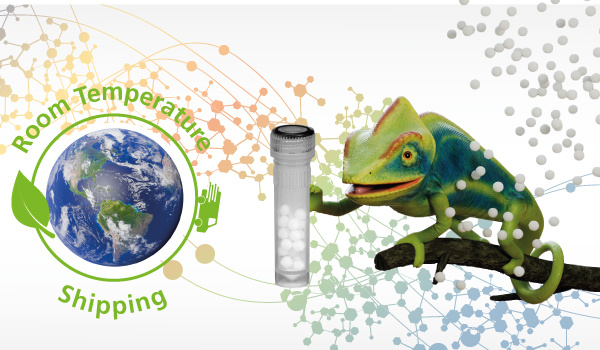Molecular biology wouldn’t be where it is today without cloning (and no, we’re not talking about Dolly the sheep or that extra-creepy X-Files episode that still occasionally haunts our nightmares). The molecular cloning method that has become a workhorse in life science laboratories around the world — inserting one or more DNA fragments into a vector plasmid, which is then replicated by bacterial or eukaryotic cells — has made it possible to study recombinant DNA or proteins, produce high-quality genome assemblies, create long synthetic constructs, and much more.
The number of approaches to cloning has boomed in recent years, with a variety of kits and instruments available to match any researcher’s particular needs (including cost, speed, number of inserts, level of difficulty, and efficiency). But no matter which technique you use, they all share the same initial steps: the synthesis of the first-strand cDNA when starting from RNA material, and PCR amplification of specific DNA or cDNA targets that later get inserted into a vector.
Quantabio has developed a series of products designed to deliver excellent results for these early steps in the cloning process. Our reagents and amplification products provide reliable and consistent results for efficient and effective cloning.
For example, our Extracta Plus DNA and RNA kits provide rapid extraction and purification of nucleic acids with high and consistent yields. They’re compatible with many different sample sources to give scientists a flexible and robust workflow.
We also offer the qScript Ultra Flex kit for fast and accurate cDNA synthesis — a long transcript can be synthesized in just 10 minutes — and the repliQa HiFi ToughMix for ultra-fast, high-fidelity amplification. Together, these products enable a fast and streamlined workflow, delivering high-quality cloning results with minimal optimization required. For even better downstream cloning performance, we offer sparQ PureMag Beads for the efficient removal of primers, primer dimers, unincorporated nucleotides, salts, and any other impurities.
To learn more about our cloning-related products and how they fit into the molecular biology workflow, check out our cloning application page. To see how some of these products perform, don’t miss this application note reporting data from multiple targets in four species commonly used in molecular cloning research (among other highlights, it demonstrates that the repliQa HiFi ToughMix enables PCR reactions three times faster than other methods).
And as always, feel free to contact us with any questions. Happy cloning, everyone!
Recent posts


Subscribe to Our Blog
More Articles

New Webinar: Learn More About Our Next-Gen cDNA Synthesis Products

We’re Delivering on Better Science Through Eco-friendly Reagents

